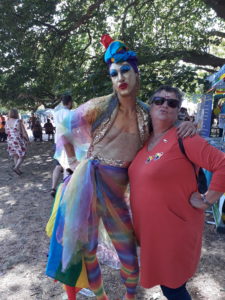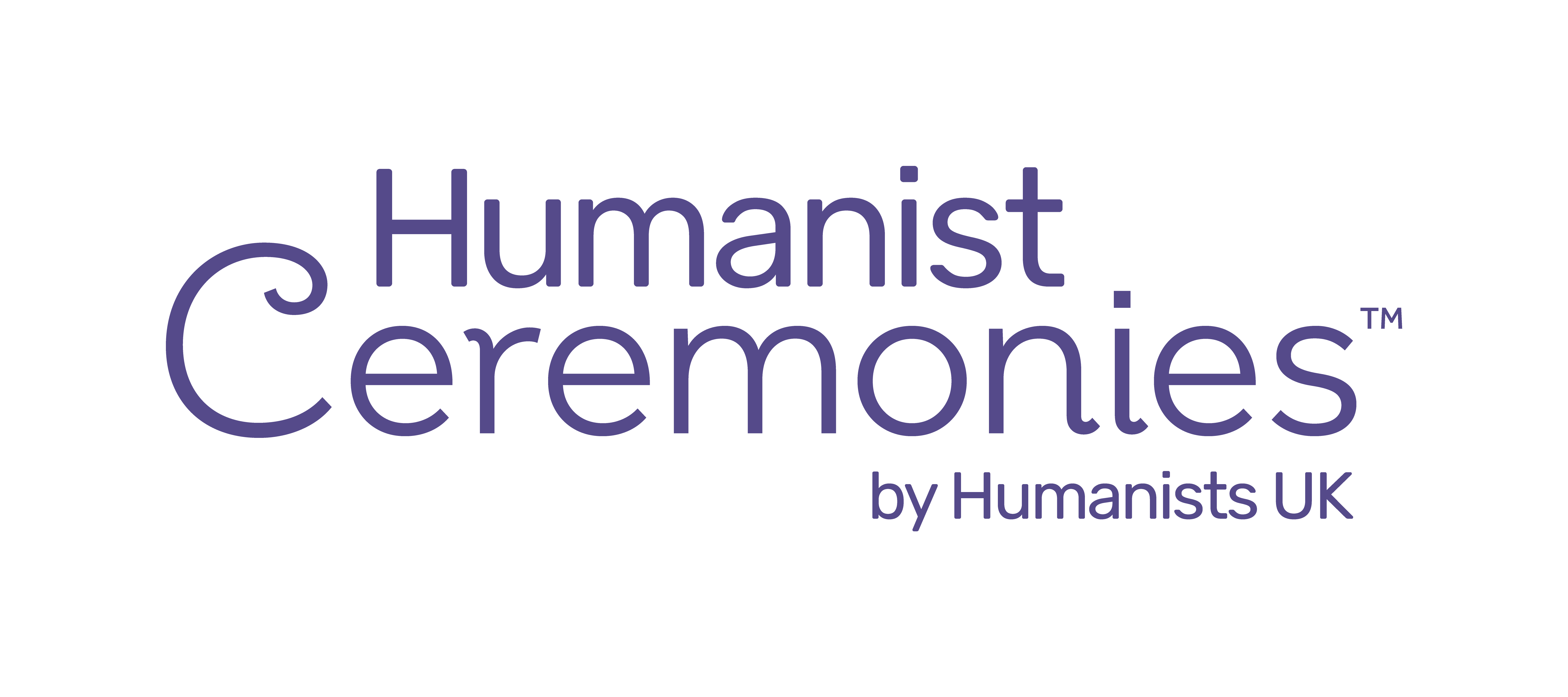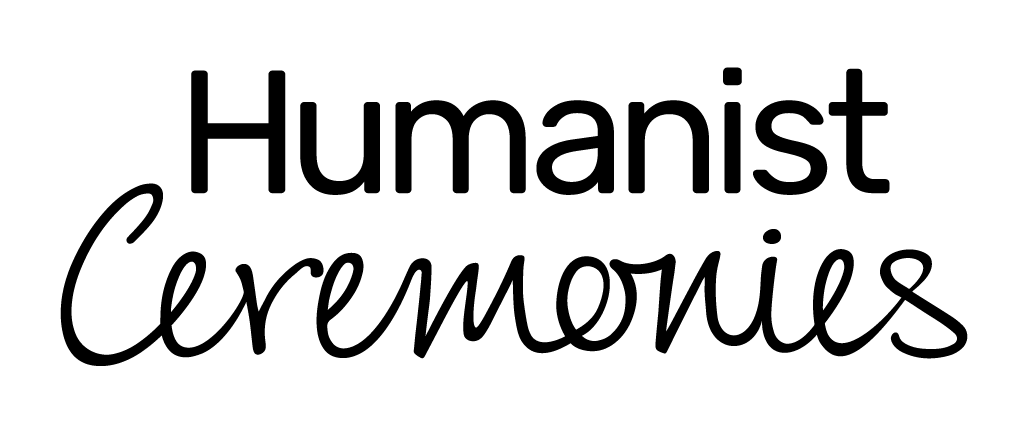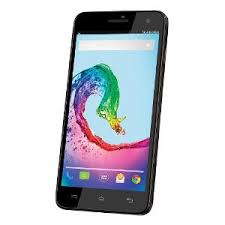Half way through the year

This year has been a busy year for weddings, vow renewals, babies and wedding enquiries. Already the bookings are coming in for 2019, I have weddings through to the end of November, including one at my favourite venue Voewood House.
As always there are lots of questions from couples –
can we get married on a boat
could we have the ceremony at home
can we livestream the ceremony to my mum who is poorly and won’t be there
do we have to get married in a Register Office
do we have to exchange rings
we are a gay couple, how can our ceremony help our family to understand why we are so committed to one another
can I write my own vows
The answers to these questions are : yes you can have a ceremony on a boat (though the size of the boat might make a difference to how many guests you invite);.
Of course you can have your ceremony at home – more than 50% of my weddings this year are either in the couple’s garden or in the garden of a parent or relative;.
Yes of course you can livestream the ceremony – it’s your wedding and you make the choices. My only caveat is to check the reliability of whoever is doing it and to double check the wifi signal!.
You can choose to have a brief (and very cheap) legal ceremony at the Register Office with two witnesses before or after your Humanist ceremony. This way you do not have to have a Registrar who does not know you, conduct the whole wedding ceremony. About 50% of my couples do this. To the other 50% it is not important to them. We are still waiting for Humanist ceremonies to be legalised in England and Wales as they are already in Scotland, Northern Ireland, Jersey and Guernsey – did you know that 70% of all weddings in Scotland are Humanist weddings? If you are thinking about having a Register Office ceremony you may not know that you do not have to exchange rings there – you can do this in your Humanist ceremony.
Humanist ceremonies are about your wedding, your way. The joy of choosing a Humanist approach is that I will work with you over a number of weeks and write a magical ceremony that has a shape, is rich with symbol and meaning, is based on who you are as a couple, and includes the music and readings and people you choose.
Gay or straight, if you love one another then that’s the most important thing; Humanist ceremonies are flexible and guided by what you want. All you need to do is email me and we can get that conversation started!
What have I learned from this year’s weddings thus far?
Remaining calm and flexible is the best gift I can give a couple on their wedding day.
The start time is the start time – but the start time is not necessarily the time that is written on the programme!
Dogs, cats and horses are important members of the family and finding ways to include them in the ceremony has resulted in lots of fun.
Using rich expressions through symbols rather than words – such as handfasting and lighting family candles – are very powerful methods of engaging wider family members and bringing them into the circle.
Injecting humour into a ceremony is just as important as the solemn moments.
The elderly parents of couples marrying later in life, often appear fragile and sometimes are marginal to the ceremony, but they have enormous wisdom and charm and finding a way of including them is magical.
Do-it-yourself weddings are very labour intensive; the relationship between couple and celebrant can help smooth the path and iron out those last-minute glitches – such as having a plan for what to do if it rains and you’ve set your heart on an outdoor ceremony!
Finally, frail love tokens are as meaningful as powerful words.
I love my role as a celebrant. Next to my husband, my children and my grandchildren it is the greatest joy and a huge privilege.





 ring me on 07846 747728
ring me on 07846 747728